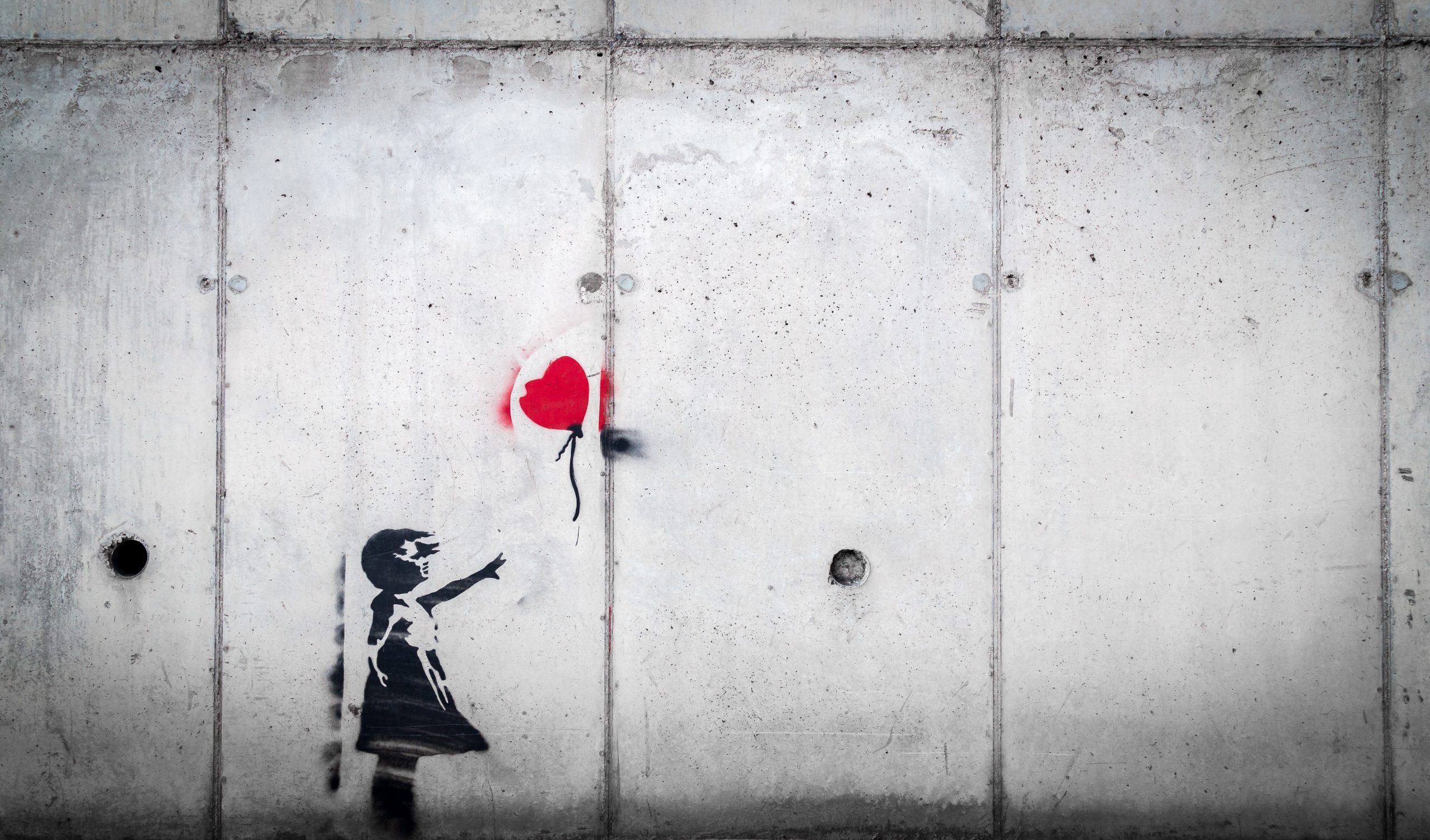
In a recent article about how we are all coping in the pandemic, the author brought up the concept of ambiguous loss. This is often defined as a loss that is complicated and with no clear-cut resolution or conclusion.
Examples of ambiguous loss include:
The loss of a friendship
The loss of freedom
The loss of a dream or ambition
As I wrote about three years ago when my father passed away, we struggle to talk about death and loss with our children. Imagine how difficult it is to explain ambiguous loss. But that is exactly what parents all over the U.S. are having to do right now.
How do you explain to a young child that you can no longer be near your closest friends? Or that the regular routine of going to school now has to be shifted in a dramatic way? Or that the places you used to love going to together as a family are now off-limits?
We can intellectually explain this to children. We can discuss the pandemic and explain why we must wash our hands, wear our masks, and stay away from groups of people — how it’s an invisible virus but can be very dangerous and contagious.
What we have a more difficult time doing is explaining the ambiguous loss and how it affects us all.
Together we’re mourning not being able to have birthday parties, weddings, and bat mitzvahs.
Together we’re tolerating the unsatisfying but necessary Zoom calls in lieu of hugs and real connection.
Together, we miss going to concerts, movies, ball games, and community events.
This virus robs people of their health and vitality, and tragically, for some, their lives. But it’s also robbing people of meaningful connections and the ordinary joy of community and routines.
These are the conversations we should be having with each other and our children.
Simply acknowledging and labeling what it is can help. One thing I do is mirror what my daughter is saying to me and then adding something that lets her know I acknowledge how hard this has been.
“Honey, I know how much you wanted to go to that event. It seems hard to understand that something so tiny can be so dangerous and wreak so much havoc. I understand how disappointing and difficult this time has been. It’s been that way for me too. I miss our pre-virus life, but we’ll get through this together.”
One last thing I want to mention for the moms reading this. I know a lot of you are struggling with your own angst regarding life with kids during COVID. I also have clients who are moms who are telling me they feel guilty for complaining or feeling sorry for themselves when they know others may be suffering even more. But here’s the thing: You can simultaneously be grateful for what you have and still throw a pity party for yourself once in a while.
Be kind to yourself. Be compassionate to those around you. We’re all, in a way, experiencing ambiguous loss.
The only way out is through.














